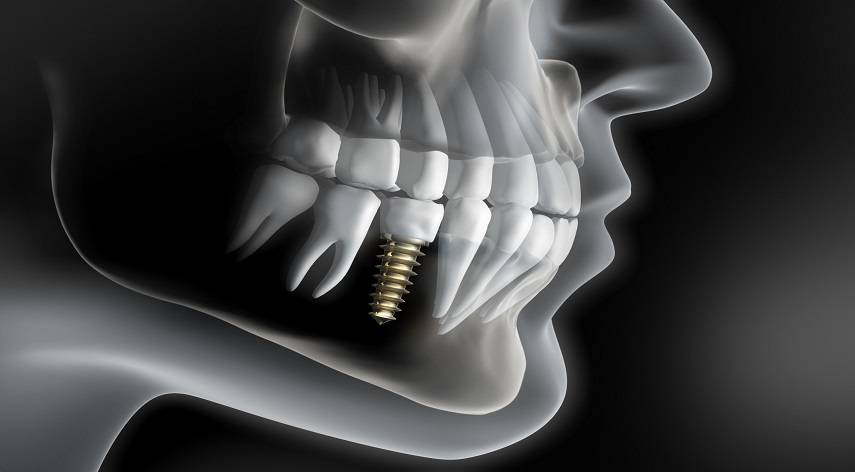Dental Implant Replacement: How Long Do Dental Implants Last?

Dental implants are life-changing devices that fit into the jaw bone. It provides a sturdy foundation for replacement teeth. Dental implants are durable and are only likely to fail due to external damage.
But how long do dental implants last? Most patients won’t need their implants replaced, but it can happen. When the need arrives, you’ll want to know the process and what to expect.
We’ll cover a basic guide, as well as tell you how long dental implants can work successfully. Keep reading to learn what to expect from your dentist when it comes to implant replacement.
Table of Contents
ToggleHow Long Do Dental Implants Last?
Dental implants can be a permanent solution to tooth loss. Although implants can eventually wear down over time, a well-maintained implant can potentially last a lifetime. The most important factor determining how long a dental implant will last is how well the patient takes care of them.
With proper care, it can last anywhere between 15 to 20 years. After this period, the implant likely needs replacing. Do not hesitate to contact this family dentist if you need a dental implant replacement.
Factors That Determine the Durability of Dental Implants
Like any other type of medical procedure, they must be cared for properly in order to ensure dental implant longevity and durability. The successful integration of the implant into the jawbone also plays a role in the dental implant lifespan.
Other factors that determine the durability of dental implants include the oral health of the patient. Poor gum health due to lack of oral hygiene, smoking, and certain medications can cause the body to reject the implant. It is crucial to consult your dentist regarding these risk factors.
Beyond the jawbone, the brand, material, and skill of the implant surgeon also play a role. Quality components and experience go a long way in ensuring that dental implants last a lifetime.
When to Consider a Dental Implant Replacement?
If you are experiencing persistent pain around a dental implant, or the implant is loose and unstable, it may be time to consider a replacement. Other times for replacement may be if there is implant malpositioned.
If there are signs of structural failures, such as cracks, fractures, or corrosion, a complete replacement may be necessary. In the case of an allergic reaction or a low success rate with the implant, a full replacement may also be needed. Additionally, if the implant has become visually unacceptable due to poor aesthetics, a replacement may be beneficial.
Prolonging the Life of Dental Implants
A dental implant replacement can offer you a great solution to the loss of teeth. Generally, they last long and can maintain your dental health for up to 15-20 years. For a successful outcome, it’s important to maintain proper oral hygiene and make regular visits to the dentist for checkups.
Visit your local dentist to book an appointment and discuss which dental procedure could be most beneficial for you!
Did this article help you? If so, take a look at some of our other blog posts for more informative reads.
Pankaj Majumder, a seasoned Civil Engineer, combines technical expertise with a passion for innovative infrastructure solutions. With a strong academic background and diverse project experience, he excels in creating sustainable and resilient structures that shape the future of urban development.
Recommended For You
Spread the loveAre you striving to lose weight without sacrificing your health? With weight loss advice seemingly coming from every
Spread the loveSeniors with Parkinson’s disease (PD) can lead satisfying lives, even though there is currently no cure for the
Spread the loveHave you ever stumbled upon an IP address that seems to be shrouded in mystery? One such enigmatic





